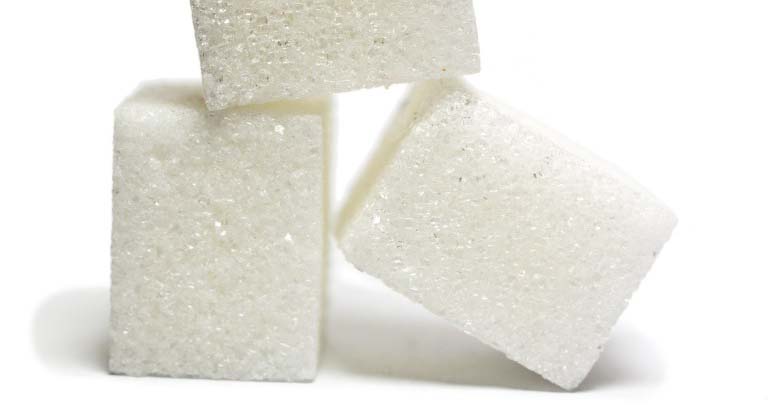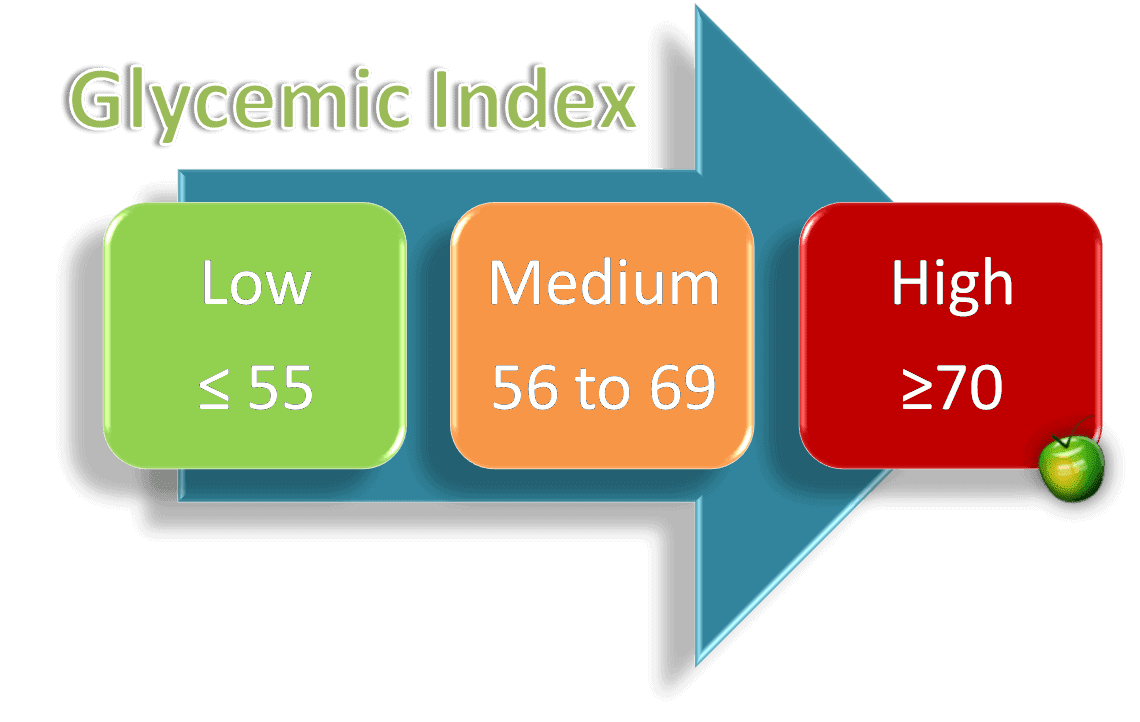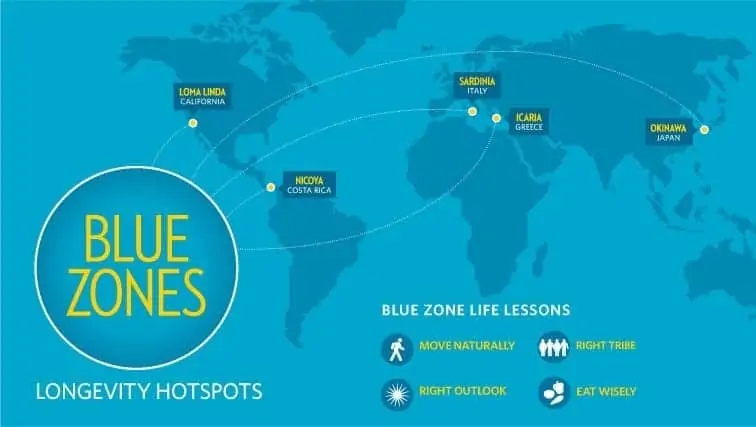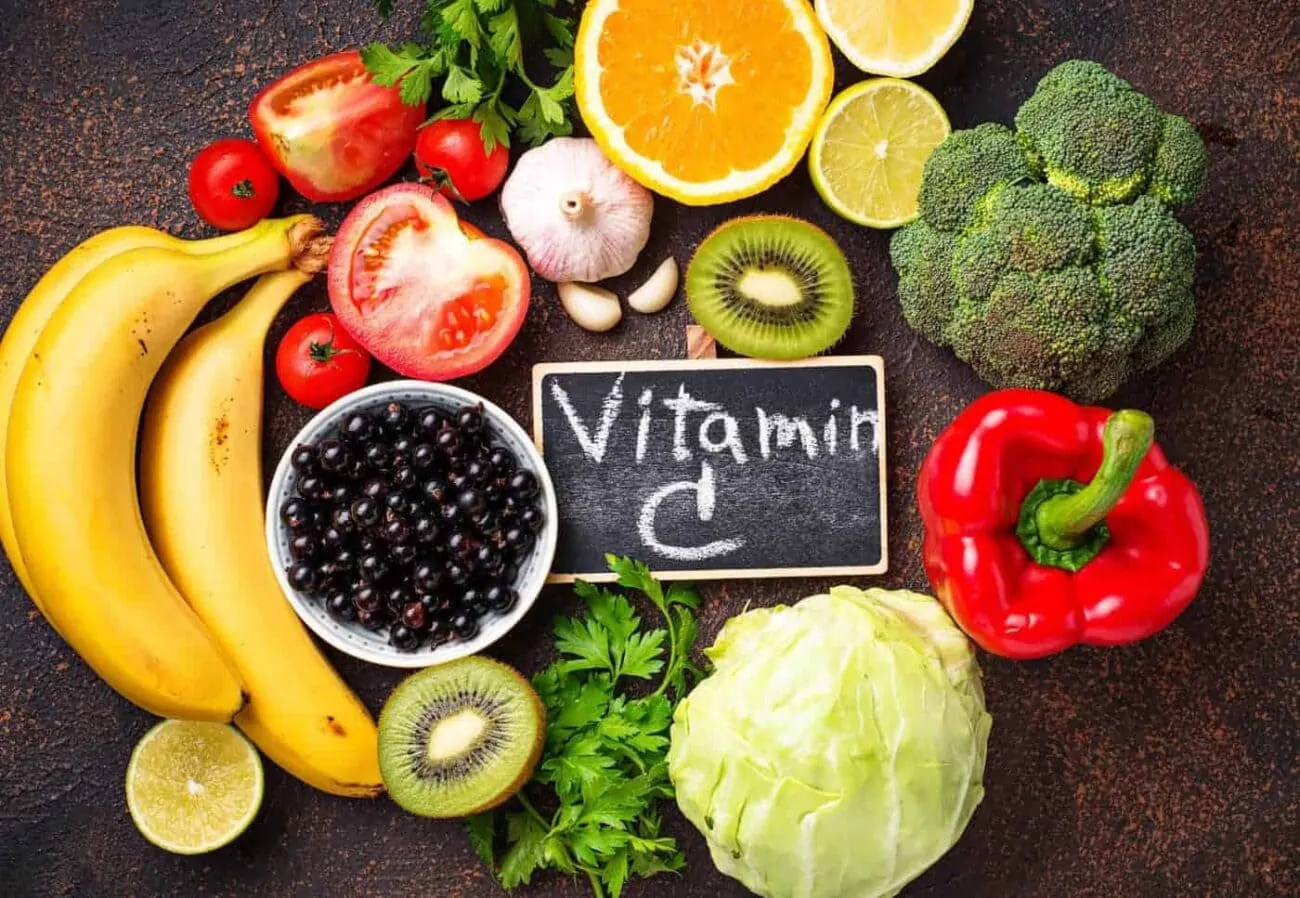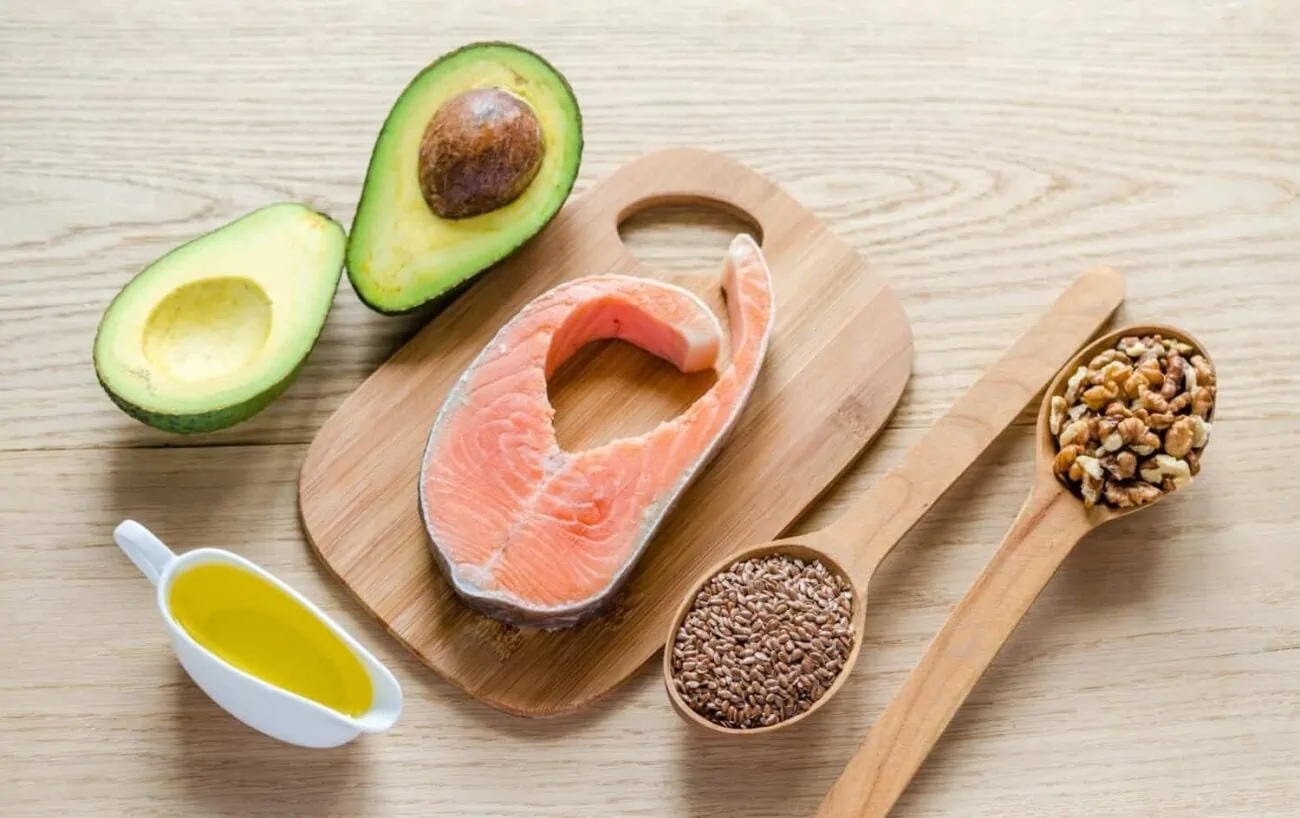Fitness fashion and its meaningless myths
In recent times, fitness has become a growing area and more and more new enthusiasts are emerging, meaning that gyms have no choice but to do so.
Frankly, I'm happy, it's good to see that people, in general, are increasingly concerned about their health and body composition.
However, and not wanting to be misunderstood, the problem is that many people, after just a month of training at the gym, already consider themselves capable of prescribing training and diets, when deep down they are missing two essential things:
- Scientific background
- Experience
And no, two straight weeks at the gym isn't enough, and neither is an hour on Wikipedia.
Although experience has a central role, there are aspects that cannot be neglected, of which the scientific component is one of them, and fortunately there are several studies carried out and scientifically proven in the area of fitness, on diets and training.
In this article, in particular, I will focus essentially on diet.
When it comes to diets, there are several topics that have been popularized and which I will describe below.
Don't mix carbohydrates with fat?
You need to keep the following in mind: as long as you meet your calorie needs (macros), you can eat your bowl of oats filled with peanut butter!
Forget about miracle fairies and tricks that make you lose belly fat!
I leave you with the following study:
?The effects of 3 diets consisting of roughly 1400 kcals each for 8 weeks, followed by 4 weeks of maintenance. The diets had the following macronutrient proportions: a) very low fat (70% carb, 10% fat, 20% protein), b) high unsaturated fat (50% carb, 30% fat, 20% protein), and c) very low carb (4% carb, 61% fat, 35% protein).?(1)
There were no significant differences in both groups.
Evidence is evidence.
Shouldn't you eat carbohydrates at night?
In fact, there is nothing magical about reducing your carbohydrate intake after a certain time of day.
Except in people who have difficulty controlling their appetite, and who, when attacking carbohydrates at this time, are unable to stop eating.
Normally, this technique works because in most cases it causes people to end up having, consequently, a lower caloric intake.
In this sense, does reducing carbohydrates at night work?
Normally yes, because they will tend to reduce calories.
In the same way that not eating breakfast would represent a daily caloric reduction, as you are eliminating a meal (intermittent fasting).
In both cases, the benefit for weight loss is the caloric reduction, being the basis for a body recomposition process.
For years, 30-40% of my calories (sometimes up to 200g+ carbohydrates) have been ingested with my last meal, after 6pm and before going to sleep.
I have never had any problems losing fat with this method, nor have the people who have used our protocols to date (my guinea pigs).
Is sugar bad, toxic and fattening?
It would be as ridiculous and exaggerated to say this as saying that salt is toxic!
The lethal dose (LD50) of sugar is around 30g per kilo of body weight, that is, an 80kg man would have to ingest 2.4kg of sugar.
Salt, in turn, has a lethal dose (LD50) of 3g per kilo of body weight.
Can we consider that salt is ten times more toxic than sugar?
Nowadays, fruit is most often labeled as not very beneficial and full of sugar. In fact, it is a food full of vitamins, fiber and other micronutrients.
How can this food be considered bad?
The glycemic index
Already largely covered by my colleague Francisco Cordeiro Carrega, here are just a few more thoughts from me about how the people who spread the GI myth are the same ones who are unorthodox when it comes to choosing their food.
Choosing the example of rice crackers, so well known in the world of fitness.
If we evaluate these cookies with the same perspective that other foods have been evaluated, it can be said that we are dealing with a type of food that is nothing more than processed rubbish and is not at all beneficial in nutritional terms.
However, it is probably the most used food in weight loss diets and also widely used by athletes preparing for races.
In this logic, if rice crackers have a high GI, shouldn't athletes have poor preparation and be in poor shape?
In fact, that's not what happens at all.
We are, once again, faced with speculation and issues that are poorly contextualized over time.
Healthy?
Finally, I want to tell you a little about the so-called blue zone.
What is the blue zone?
Comparing various areas of the world, there is the so-called blue zone, which are the five populations with the highest average life expectancy and the lowest rate of chronic and degenerative diseases.
This study carried out by Dan Buettner concludes that these populations have the following in common:
- Food is largely plantation-based
- Do not tend to eat excessively
- The food is locally produced and consumed at home (little habit of “eating out”)
- The predominant macronutrient is carbohydrates, mostly starch
- These groups use a lot of legumes (black beans, soybeans, lentils, etc.)
- Of the five areas analyzed, three of them are regular coffee consumers
- Of the five areas analyzed, four of them are regular alcohol consumers (mostly wine)
- All five zones consume grains and legumes
This study leads me to conclude that the following aspects of a diet should be avoided:
- Avoid any food group
- What can be considered a healthy diet? Approximately meet your daily macronutrient requirement
- The majority of your diet should be made up of whole foods, as little refined as possible.
- Leave a part of your diet for small “craziness”, that is, foods that have been considered unhealthy (10-20%)
- Ignore other people's diets and follow a diet that includes foods you tolerate and like
Approaches
Finally, I would like to point out that people have tried to discredit various approaches, calling some ?bro's? and others from ?IIFYMER'S?.
In my opinion, there is a big difference between fitting a Snickers chocolate into my diet and having my diet only with Snickers.
I will never recommend a diet made only of processed foods as a balanced and healthy diet in the long term.
However, never give up a dinner with friends, or taking your girlfriend out for ice cream, because it's "not healthy", or because you don't know the macros.
It is very important that you do not use the excuse of, in these days, eating this world and the next.
Basically, all you need to do is manage and ingest macros in a balanced and intelligent way.
Final words from Tom Venuto:
?Changing your attitude is a simple matter of changing the way you look at things. Zooming in on the details, getting the big, panoramic picture, or seeing things from the other side can sometimes change everything.?
Studies
To finish, here are some interesting studies and experiments.
Chazz Weaver followed a thirty-day diet of 121 McDonald's meals.
He lost 3.6kg and the analyzes gave better results.
The Twinkie Diet
Mark Haub, professor of human nutrition at Kansas State University, followed a diet of only fast food and snacks.
He consumed around 1800 kcal per day, lost around 4 kg and his analyzes show improvements.
In this study, 78 police officers were separated into two groups, with one group ingesting most carbohydrates at night, and the other group consuming carbohydrates throughout the day.
The number of calories at the end of the day was identical, as was the nutrient ratio.
What happened?
The group that ate most of its carbohydrates at night not only lost more weight, but also had a higher hormonal response.
Article written by Team Sik Nutrition
[author image=”https://ginasiovirtual.com/wp-content/uploads/2016/01/logo-sik.jpg” ]Team Sik Nutrition is a recent group of people passionate about the world of Fitness. The Team's focus is to guide, educate and motivate those interested in achieving their health and fitness/performance goals. All this sharing is based on scientific facts and the experience of Team members.
The CEO of Team Sik Nutrition is João Gonçalves. Amateur powerlifter, passionate about Fitness and writing articles.
[/author]




